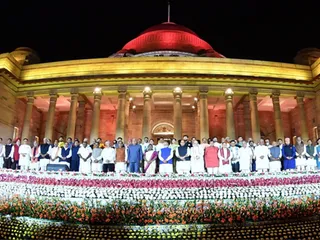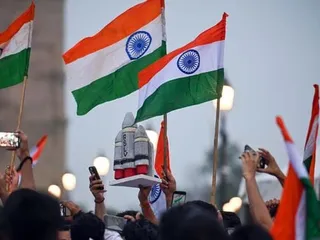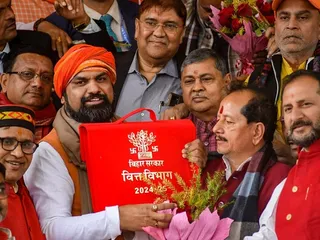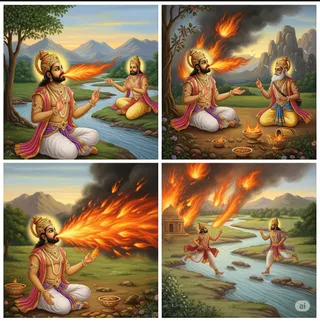The Vedic Civilization, flourishing in the Indo-Gangetic plain from around 1500 BCE to 500 BCE, represents a pivotal period in Indian history. Its impact resonates even today, shaping religious beliefs, social structures, and philosophical thought across South Asia and beyond. The term "Vedic" derives from the Vedas, a collection of sacred texts composed in Sanskrit, forming the foundation of this civilization's cultural and religious life.
Origins and Expansion
The origins of the Vedic people remain a subject of scholarly debate. The prevailing theory suggests a migration of Indo-Aryan peoples into the Indian subcontinent, bringing with them their language, culture, and religious practices. Archaeological evidence, linguistic analysis, and the study of Vedic texts offer clues but a complete picture remains elusive. Over time, the Vedic people established settlements, developed agriculture, and gradually expanded their influence across the region.
Vedic Literature and Philosophy
The Vedas, composed over centuries, are a collection of hymns, prayers, rituals, and philosophical treatises. The Rigveda, the oldest Veda, contains hymns dedicated to various deities, reflecting a polytheistic religious system. Later Vedic texts, such as the Brahmanas and Aranyakas, delve into ritualistic practices and philosophical speculations. The Upanishads, considered the culmination of Vedic thought, explore profound metaphysical questions concerning the nature of reality, the self (Atman), and the ultimate reality (Brahman). These philosophical inquiries laid the groundwork for later schools of Indian philosophy, including Hinduism.
Social Structure and Daily Life
Vedic society was characterized by a hierarchical social structure known as the varna system, often simplified as the caste system. While the Vedas do not explicitly define a rigid caste system, they do outline a four-fold division of society: Brahmins (priests), Kshatriyas (warriors and rulers), Vaishyas (merchants and farmers), and Shudras (laborers). The concept of dharma (duty) and karma (action and consequence) played a significant role in shaping social behavior and moral conduct. Daily life revolved around agriculture, cattle rearing, and religious rituals. The importance of family and community ties was paramount.
Legacy and Influence
The Vedic Civilization left an indelible mark on Indian culture and beyond. Its religious and philosophical concepts, enshrined in the Vedas and Upanishads, profoundly influenced the development of Hinduism and other religious traditions. The Sanskrit language, the language of the Vedas, became a pivotal language of scholarship and literature. Many aspects of Indian social structures and cultural practices can be traced back to the Vedic period. Understanding the Vedic Civilization is essential to comprehending the multifaceted history and cultural richness of India.





















 (24)jpeg-1722421859875.jpeg.webp)











